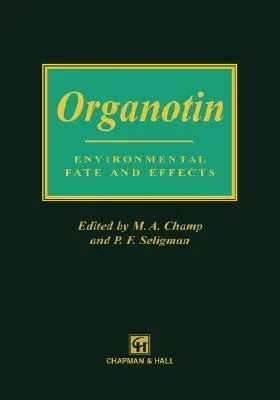single toxicant before it, yet one that has now been brought under
effective control-at least in estuaries and the nearshore environment.
The problem with TBT and its cause was first recognized in France, then
in the United Kingdom and the United States of America; and in these and
other countries legislation is now in place (see Abel, Chapter 2; Champ
and Wade, Chapter 3), but in many countries the hazard is only now being
identified. This volume has the important function of making available
to all a summary of the results of work on TBT and the main conclusions.
It will help to minimize the duplication of research and speed the
introduction of legislation around the world to control organotin
pollution. It is the more valuable because research on TBT has often
been published in less accessible journals and symposium proceedings.
This volume brings together accounts of these findings by the major
contributors to the TBT story, providing the most comprehensive account
to date. The TBT problem has proved to be instructive in a number of
different ways beyond the bounds of the specific issue (Stebbing, 1985).
Most important is that TBT can be seen as a challenge to monitoring
systems for nearshore waters, by which it can be judged how effective
monitoring has been in fulfilling its purpose, and what improvements
should be made. Most instructive was the time it took to bring TBT under
control.

